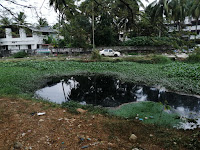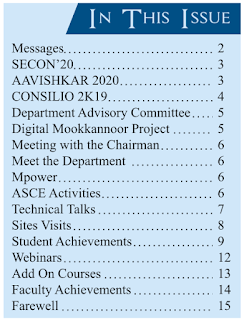Today, I had an opportunity to visit the basin of Puzhakkal river, under the tie up project between the Water Resources Department, Govt of Kerala and Department of Civil Engineering, FISAT. The day was full of surprises that had both ups and downs as an engineer and an individual. I was so happy to meet one of my early day mentors as a teacher at the Irrigation Department Office. We had an elaborate discussion as to how to move forward with the work that has been undertaken.
For the uninitiated, we are working on the Project for Pollution Abatement of Rivers in Kerala. The rivers are those ear marked as the most polluted by the CPCB and the National Green Tribunal of India. Even though a priority five river, Puzhakkal river being one of the largest source of irrigation to some 13,000 hectares of kole farming needs urgent retribution as a clean river.
A joint site visit was conducted by the Executive Engineer of the Irrigation Department at Thrissur who is also the nodal officer for the program and Unni sir and myself from the college.
An hour’s primary discussion with the members from the Irrigation Department, Hydrology division and KERI gave us a great insight into the polluted stretches of the river, potential sources of pollution in the river.
Assistant Professor
Department of Civil Engineering











